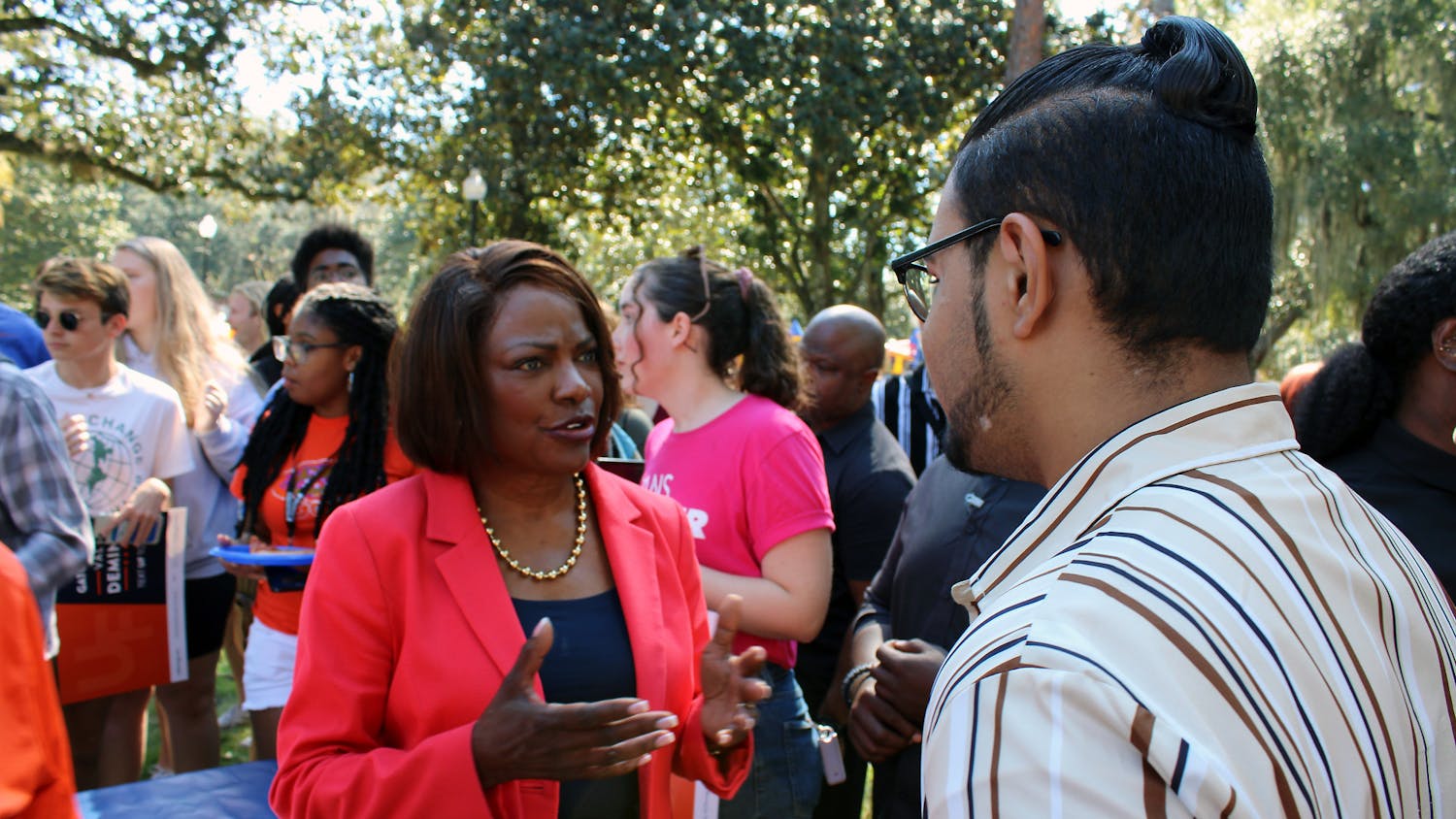Last week I discovered that my alma mater, Florida State University, had blocked me from commenting on any of its social media websites. This meant anything posted by its official Facebook page, writing on its wall or commenting on photos posted by the school’s official Instagram account. As far as I understand it, this occurred because I had exercised my rights and been critical of the school and the image it attempts to maintain in social media.
This is to say that a university funded by the state engages in censorship and curtails free speech. This corruption of the intended functions of a center of higher learning can be attributed to one salient factor: the imposition of the business model upon the academy.
In 2007, the Charles Koch Foundation, an exponent of the “free market,” proposed a $1.5 million contribution to FSU’s economics department with the stipulation that they have authority over the curriculum and approval of professors. The school’s administrators accepted the offer, demonstrating the value of the almighty dollar and their indifference toward academic freedom.
Last year, despite near universal opposition from students and faculty, the board of trustees selected John Thrasher, a politician and businessman with no academic experience, to be the university’s president, citing his ability to raise money for the school. It merits mention that the chairman of the board of trustees, Allan Bense, like Thrasher, has no background in academia — only in business and politics.
In 2011, Florida Gov. Rick Scott (whose recent re-election campaign was chaired by none other than Thrasher) expressed his desire to defund programs like anthropology because they are not presumed to be “lucrative.” Any consideration of worth, in the mercantile-capitalist mentality, ultimately entails a consideration of cold hard cash. We know that it means nothing that Thrasher can raise large sums of money (per his political connections) for FSU if the money will be directed away from the humanities and liberal arts and solely piped into fields that are classically “lucrative,” such as business and marketing.
Noam Chomsky, professor of linguistics at Massachusetts Institute of Technology, has written extensively on the problem of the corporatization of education and maintains that the process of transforming the academy into a big business will simply mechanize education, removing inquiry and reducing educators to dispensable pawns.
It should come as no surprise that a small group of plutocrats who have hijacked a university would employ disingenuous image promotion in social media and censor those who critique this image, as that is the precise behavior of totalitarian big business. You can take politicians or businessmen out of the smoky back rooms, but you cannot shake them of their corruption or disdain for democracy.
The example of FSU should serve as an omen to public universities around the country. As businessmen and politicians, often one in the same, seize control over centers of higher learning, imposing upon them an anti-democratic corporate model, it should come as no surprise that the nature of the university is thoroughly corrupted and its quality diminished.
It is my hope that the students and faculty of FSU fight back and reclaim not only their ongoing education and careers but the future of higher learning itself.
Jordan MacKenzie is a second-year UF linguistics master’s student. His column appears on Wednesdays.





